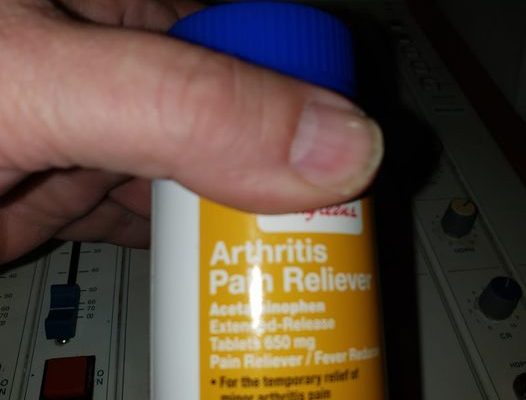New Study Says” Acetaminophen Encourages Risk-Taking

A new study finds that taking acetaminophen – which is not only sold as Tylenol but as many other over-the-counter medicines – not only provides pain relief but may also cause you to take greater risks. Researchers at Ohio State University conducted a series of experiments to see how the popular pain reliever affects decision-making.
– In one experiment, 189 college students were given either 1,000 mg of acetaminophen or a placebo. Once the medication kicked in, participants were provided a list of various events and then rated each one on how risky they thought it was. Students who’d taken acetaminophen viewed “bungee jumping off a tall bridge” or taking skydiving classes as less risky than those given a placebo. Similarly, “speaking your mind about an unpopular issue in a meeting at work,” switching careers in your mid-30s, and walking home alone at night in a high-crime area were also seen as less risky by those in the acetaminophen group.
– In another experiment 545 students took either a dose of Tylenol or a placebo. Afterwards, they played a computer game in which they get cash rewards for blowing up a balloon without popping it. Students push a button to “inflate” the virtual balloon and receive money as the balloon gets bigger. Students given acetaminophen were more likely to go further and risk popping their balloon rather than play it safe and take less cash.
In the end, says study co-author Baldwin Way, an associate professor of psychology, “Acetaminophen seems to make people feel less negative emotion when they consider risky activities – they just don’t feel as scared.” Professor Way warns that the findings may be more serious than one might realize, especially in today’s climate, suggesting that “someone with mild COVID-19 symptoms may not think it is as risky to leave their house and meet with people if they’re taking acetaminophen.”
Here’s the complete story from the Pain News Network.






